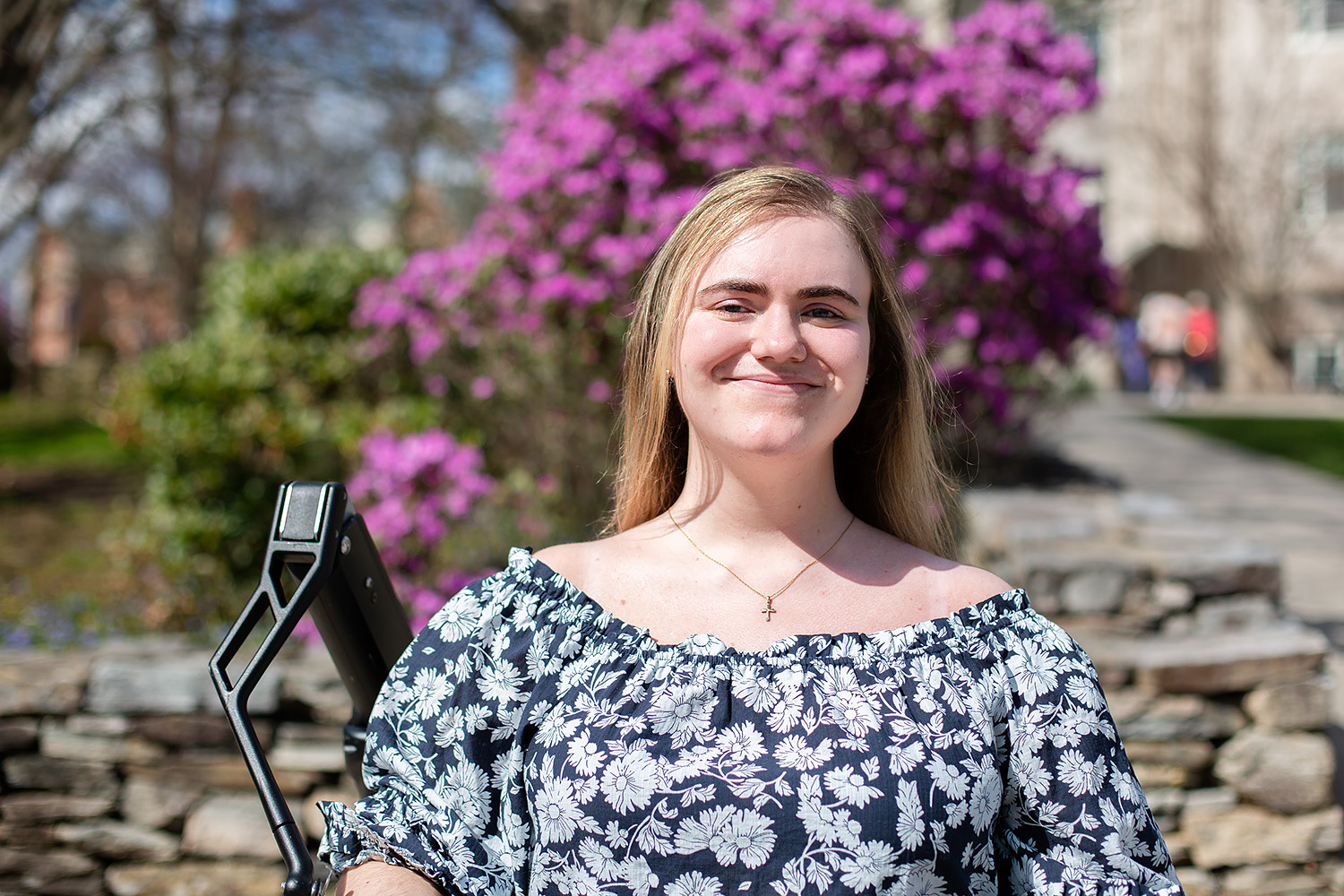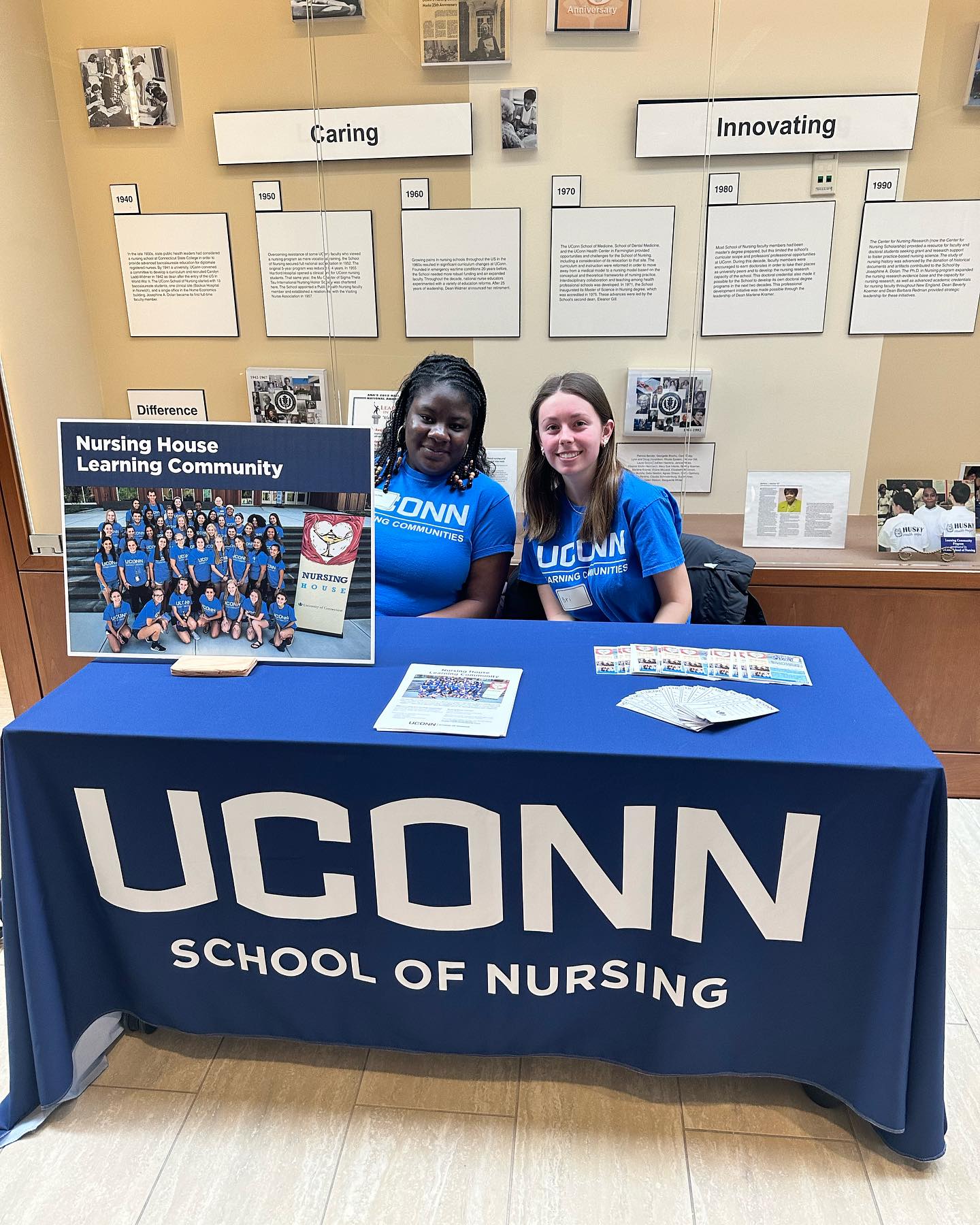The University of Connecticut will lead a new collaboration of colleges and universities in this region forming the New England Humanities Consortium (NEHC), which will focus on programming in such fields as history, language, art, literature, and philosophy.
Established with the support of a $100,000 grant from The Andrew W. Mellon Foundation, the consortium includes Amherst College, Colby College, Dartmouth College, Northeastern University, Tufts University, University of New Hampshire, University of Rhode Island, University of Vermont, Wellesley College, and Wheaton College.
“The Northeast is a worldwide center for research in the humanities, and this consortium will allow us to do something genuinely new – to embark on initiatives that no single institution could accomplish on its own,” says Michael Lynch, director of the UConn’s Humanities Institute (UCHI), who will serve as the consortium’s first executive director.
This consortium will allow us … to embark on initiatives that no single institution could accomplish on its own. — Michael Lynch
The first of its kind in the region, the consortium will promote intellectual collaboration, interdisciplinary exchange, and innovative educational programming for faculty, students, and the communities they serve. The Mellon grant will support initial pilot programming and assist in the development of administrative practices as well as future projects.
Two pilot projects are now planned. The first includes the formation of a working group to aid in supporting, mentoring, and creating research collaborations for faculty of color in New England. The second is a lecture series, “Time’s Up: What Now?” that will move between students, faculty, and speakers across three campuses to serve as a model for future joint speaker and faculty events.
“The NEHC and the support from the Mellon allow humanities centers an audience and energy we could not have had before. We are stronger as a group, and can move humanities dialogues and activism to a new level,” says Alexis Boylan, associate professor of art and art history, and consortium associate director. “This is a truly exciting moment.”



